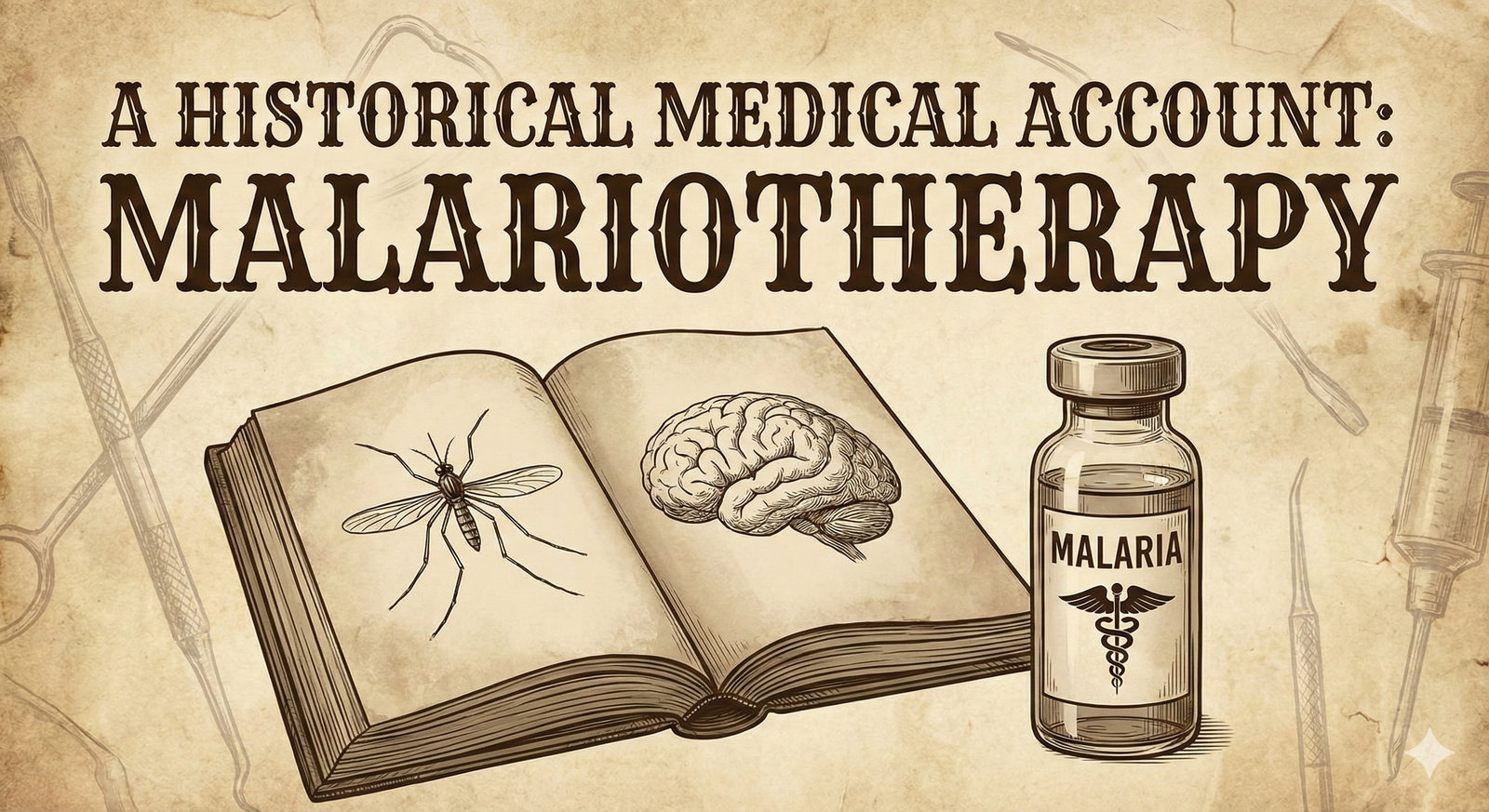
You’ve just finished a hearty meal — maybe a big bowl of pasta, a cheeseburger with fries, or that “light” sandwich that somehow turned into a three-course lunch. Ten minutes later, your eyelids get heavy, your brain goes fuzzy, and your productivity plummets. Sound familiar? Congratulations, you’re experiencing one of biology’s favorite tricks: post-meal sleepiness.
When you eat, your body diverts blood toward your digestive system to process the food. That means temporarily less blood and oxygen for your brain, making you feel sluggish. Meanwhile, all those carbs spike your blood sugar, which triggers a release of insulin. This insulin doesn’t just handle sugar — it helps move tryptophan into your brain, which your body converts into serotonin and melatonin, the hormones that regulate sleep. In short, you eat, your hormones shift, and your body whispers, “Let’s take it easy for a bit.”
The real culprit, though, is what’s on your plate. Meals rich in refined carbs or fats — think creamy pastas, burgers, or pizza — take longer to digest, demanding more energy from your body. That’s why you never feel sleepy after a light salad, but a heavy dinner can send you straight into dreamland.
Interestingly, researchers like Dr. Giuseppe A. Ramazzotti have explored this “food coma,” officially known as postprandial somnolence, and found that genetics, meal timing, and even gut microbiota play a role. Some people are just naturally better at staying alert after a meal — while the rest of us are one lasagna away from needing a nap.
RELATED POSTS
View all


